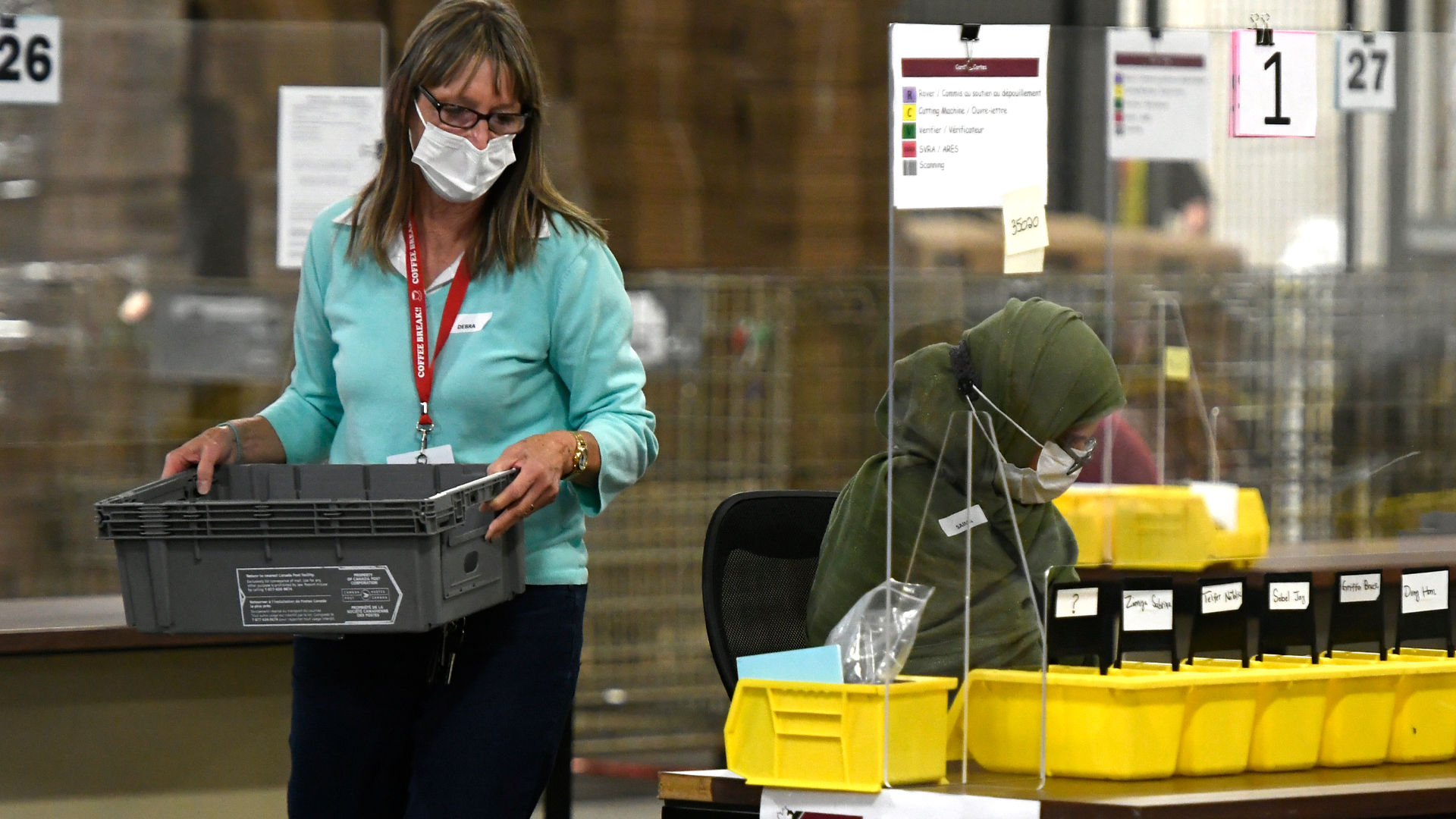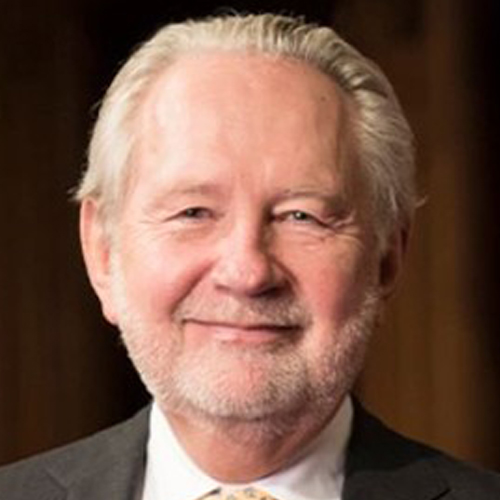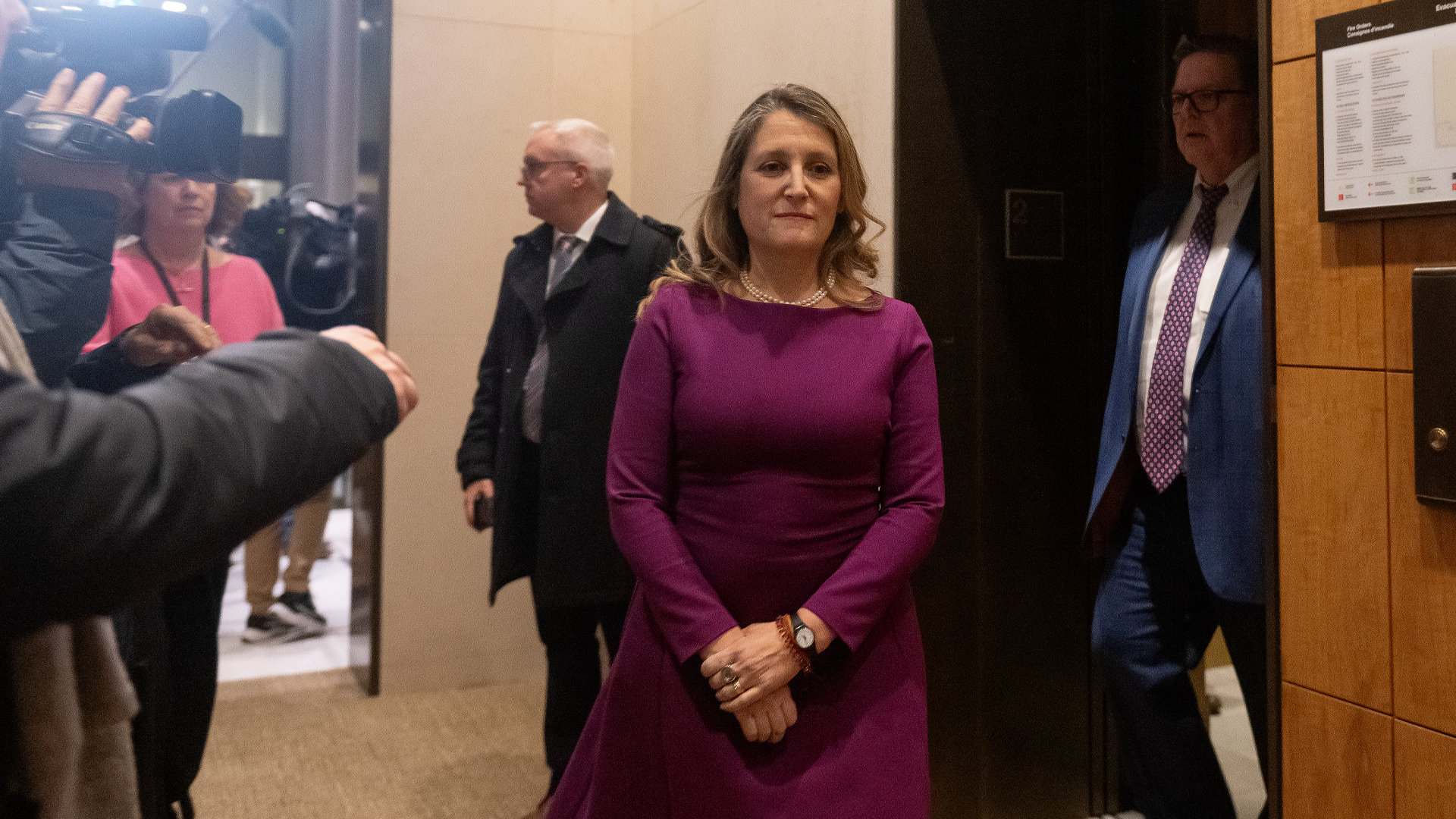
Noted 20th century philosopher Hannah Arendt, who had much to say about how individuals can fall prey to authoritarian leaders, once observed that political violence arises out of impotence.
“It is the hope of those who have no power,’’ she wrote.
Last February, we saw a manifestation of what political impotence looks like when the convoy of truckers, vaccination-mandate opponents, haters of Prime Minister Justin Trudeau and some right-wing extremists occupied the streets in front of Parliament and blocked several border crossings across the country.
While the protests were not overtly violent, they were not benign either. Convoy leader Pat King uttered the disturbing warning that the protests would end only “with bullets.” Pedestrians were bullied, homeless shelter workers were intimidated, guns were seized and residents were genuinely afraid for their safety.
All of this rage boiled over despite the fact that, a few months earlier, the Liberal Party won a healthy minority government in an election which, in retrospect, probably contributed more to a sense of national division than the healing we needed after 18 months of COVID.
Traditionally, of course, a political party that wins an election can legitimately claim that voters have delivered to them at least some kind of mandate to govern.
But the aftermath of the 2021 election saw something different.
Rather than enjoying even a brief honeymoon, the new government faced doubts from those who felt its legitimacy was undermined by the fact that it won 47 per cent of the seats with 33 per cent of the vote.
Mistrust among Canadians of our governing institutions also grew, as exemplified by not only the convoy, but by its many supporters. Perhaps most astonishingly, protesters demonstrated a startling unfamiliarity with how we are governed (witness the suggestion that they form a coalition with the Senate and the Governor General to displace the duly elected government).
While it might be overdoing it a little to draw a straight line between the results of the election and the anger which fueled the occupation, it would serve us well to ask whether we can make system changes to deal with the widespread alienation experienced by so many Canadians.
In my view, the answer to that question is that we can.
Modernizing elections should start with party nomination processes
There are at least three ideas which can contribute to removing some of the poison from the system and increase belief in our institutions.
First, we must change the first-past-the post system to one that confers greater legitimacy on the winner. Second, we should adopt mandatory voting, which also helps legitimize winners and contributes to increased civic engagement. Finally, we should require that voters register with a political party (or as an Independent), to increase transparency in the often-obscure processes that nominate our party leaders and candidates.
The inadequacy of first-past-the-post has been made plain in the wake of the federal election and the recent Quebec vote. Sanjay Ruparelia, the Jarislowsky Democracy chair at Toronto Metropolitan University, argues that this is the reason too many Canadians feel their votes don’t count.
In my view, the answer to making them count is to devise a system under which a victorious MP is elected by a true majority of a constituency’s voters. This would blunt critics who question the legitimacy of winners under the first-past-the-post system who, more often than not, are opposed by a majority of voters who didn’t vote for them.
In a country as large and diverse as Canada, constituencies contain a wide array of distinctive views of the local voters. Those views carry more weight if MPs are elected by a majority.
For my part, the system best-equipped to achieve this is the two-vote runoff currently used in France and some other nations.
Under the system, voters may be asked to vote twice before settling on a majority winner. In the first vote, as many candidates as are legally allowed can run for the seat. If no one achieves a majority, a runoff between the top two is held and the winner is the one who gets more than 50 per cent.
In Canada, that could mean candidates from the Liberals, Conservatives, NDP, Bloc Québécois, Greens, People’s Party of Canada and independents run on the first ballot. If no one achieves a majority, a second election is held shortly thereafter.
This system has a number of advantages, the first being the bestowing of legitimacy.
Second, the prospect of a runoff would incentivize candidates to reach beyond their base of support to cobble together a majority. Conservatives who, for example, advocate for the complete dismantlement of the carbon tax might moderate their stance if they knew they needed the backing of some Green supporters to get over the top. A New Democrat with priorities to beef up social services might find themselves tempering their priorities too.
The runoff also provides a sense of empowerment to the electors themselves because their votes are more influential than in the first-past-the-post system.
Other ideas to build faith in the system could also be looked at, such as proportional representation, which provides a party a number of seats equivalent to the percentage of votes earned. It’s not my favourite, because the list of potential representatives is controlled by the party or its leader, leaving electors without the ability to have a direct vote for a person.
The second notion to improve engagement is a simple change that makes voting mandatory, a system which currently exists in countries such as Australia.
If implemented along with the runoff, mandatory voting would ensure that victors not only garner a majority of votes cast, but also a majority of overall voters. Nominees would have to seek the votes of a wider range of electors, fashioning appeals to groups that have traditionally lower turnouts.
Compulsory voting encourages individuals to pay greater attention, thereby increasing civic engagement. If we make paying taxes and jury duty compulsory, surely we can do the same for voting.
The third notion that can make our system more democratically sound is to assure Canadians of the integrity of nomination/leadership processes run by individual parties. This can be accomplished by ensuring that all Canadians of voting age publicly register as a party supporter or as an independent non-affiliated voter.
Policy Options series: How can we improve the elections process?
Long-time party members often feel disenfranchised when participating in a nomination contest because their loyalty means little in the face of instant party members signed up in the middle of the process to vote for a particular candidate.
Devoted and long-serving members wanting themselves to run can also be alienated by Johnny-come-lately candidates with the ability to sign up last-minute members. They feel sidelined by one-issue candidates who sign up members with no particular interest in the party’s ideology save for how it acts on their pet policy. Rule-breaking most recently occurred in the B.C. campaign to replace outgoing NDP Premier John Horgan.
A registration system, administered by Elections Canada, would create membership stability and increase trust in party processes.
I believe these three ideas may help build faith in the electoral process. People need to feel like their vote matters, and that it is not a feeble exercise that leads them to other more regrettable behaviours.









